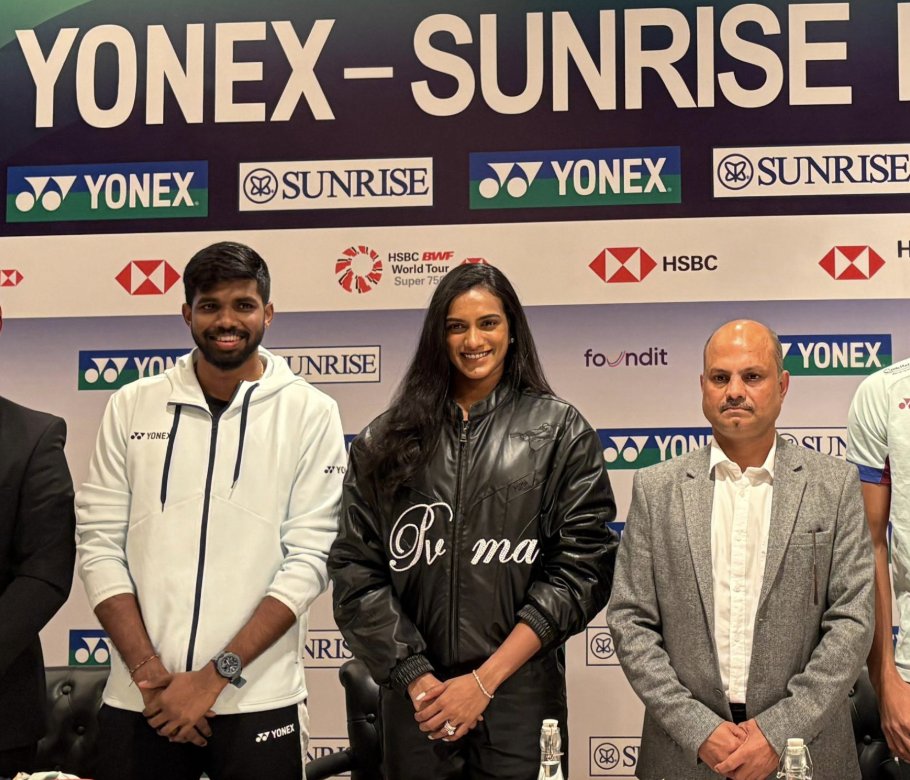PV Sindhu is the first Indian player to become the badminton world champion. At the very young age of 27, she has already become the most successful sportsperson of India. From winning medals at various tournaments to achieving several national awards, she has been completely sensational in badminton.
/sportzpoint/media/post_attachments/3a6a537966abd62ecf1c5e0b4304bc2109e56f1d492d972d975cf2a71760694c.jpg)
The world No.7 is the first and only Indian to become the badminton world champion and only the second individual athlete from India to win two consecutive medals at the Olympic games. She has won gold medal at the 2019 World Championships. In the 2016 Summer Olympics, she represented India and became the first Indian badminton player to reach the Olympic final. So in her 27th birthday, let's recall some records held by the young talent of Indian Badminton.
PV Sindhu records:
- PV Sindhu is the first Indian singles player to win gold in BWF World Championship. She defeated Japan's Nozomi Okuhara in the final by 21-7, 21-7 in 2019 to achieve the gold. Before getting this achievement, she had already won two silvers in the 2017 and 2018 events.
- Sindhu won BWF World Tour finals only at the age of 24. She beat Nozomi Okuhara in the final by 21-19, 21-17 and set a record of winning the World Tour final for the first time in Indian Badminton history.
- Sindhu is considered as the most energetic player of all time. During the 2017 World Championships, she set a record of playing the longest World Championships final. She played the match for 110 minutes against Okuhara but couldn't manage to win, the Japanese player defeated her by 21-19, 20-22, 22-20.
- Speaking of Olympic, Sindhu made India proud by winning silver at the Olympic. She is first Indian singles player to win silver in Olympic. Besides, Sindhu achieved the feat during the 2016 Rio Olympics as well as won bronze in the 2020 olympics.
- Sindhu's achievements in the World Championships knows no boundaries as she holds another record of winning five World Championships medal. She is the only Indian to hold five World Championships medal- Gold(2019), Silver (2012 and 2018), Bronze (2013 and 2014), and Silver(2021).
- Sindhu had earned silver medal in the 2018 Asian games. She defeated Japanese opponent Akane Yamaguchi by 21-17, 15-21, 21-10 and qualify for the historic final. She is the first Indian to reach the final
- In the 2018 Commonwealth games, the world No.7 again won silver by defeating Michelle Li in the final. But unfortunately lost to Saina Nehwal in the final.







